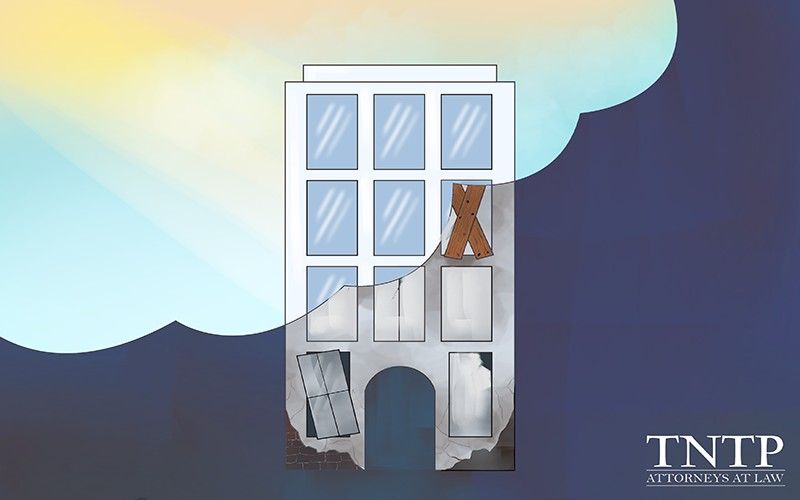Construction Dispute Resolution Service

I. What is construction disputes?
Construction disputes are disputes arising between the parties in Construction Contracts in the construction process from creating a design, building, or inspecting the construction entity. Construction disputes may be simple or complicated, the value of disputes may be small or large, from tens of millions to several trillion dongs.
II. Types of construction disputes often arise
Disputes arising from the field of construction usually occur between investors and contractors or between subcontractors and general contractors regarding the construction design drawings, the quality of entity, the construction progress, the construction inspection, or the contract payment.
In addition, construction disputes can arise between the supplier of building materials and the contractor, or the supplier and the investor, depending on the agreement of the parties in the construction contract as well as the building materials purchase and sale contract.
Depending on the subjects participating in the Construction Contract and the views of each Judge when resolving it, a construction dispute can be determined as a civil dispute or a commercial dispute.
III. Who are TNTP’s Clients in construction disputes?
Depending on the subjects participating in the construction process, TNTP’s Client in construction disputes may include the following subjects:
- The Investor;
- The Main contractor or general contractor;
- The Subcontractor; or
- The Supplier of building materials.
Besides, TNTP’s Clients in construction disputes can be individuals or organizations, agencies.
IV. What do Clients need to prepare before working with TNTP?
Before working with TNTP, Clients need to prepare the following information, documents:
- Construction contract, building materials purchase and sale contract, construction design contract, Minutes of acceptance of construction work, … (depending on the nature of the dispute);
- Documents on the contract performance of the parties such as receipts for purchase of building materials, invoices, minutes of construction site acceptance test, bank statements of construction contract payments, …;
- Other types of documents related to the construction dispute (if any).
V. How does TNTP receive and process information?
When Clients contact TNTP, TNTP’s Lawyers will receive and process information as follows:
- Step 1: Based on the information, documents provided by Clients as well as discussions with Clients, Lawyers of TNTP will research the case and give some initial consultation.
- Step 2: Then, TNTP will send a Quotation attached to a detailed implementation Plan to Clients so that Clients can consider signing Legal Service Agreement with TNTP.
- Step 3: In case Clients agree with the Quotation, TNTP will send a Legal Service Agreement to Clients. The Parties will sign Agreement and Clients will pay legal services fee to TNTP (if any).
Kindly be noted that the legal service fees of TNTP are exclusive of Value Added Tax, court fees, arbitration fees, fees according to state regulations, travel expenses for lawyers, translation, photocopying, notarization, and authentication fees, long-distance telephone, postage charges, and other reasonably incurred expenses. In case the above-mentioned expenses are incurred, TNTP will propose opinions to Clients and TNTP will only perform the work if Clients agree to pay reasonably incurred expenses.
After signing the Agreement and receive service fees (in case there is a fixed service fee), TNTP will perform works according to the Quotation and the implementation Plan that Clients has agreed.
VI. TNTP’s commitment to legal service
With the attitude of protecting the legal rights and interests of the Client, TNTP has been and will try to bring Clients trust and comfort when using TNTP’s legal services.
Throughout the process of providing legal services, TNTP commits to support Clients and perform the work in the fastest, most timely and effective way, regularly report the progress of the case as well as give the next plan so that Clients can easily monitor and evaluate the work results.



